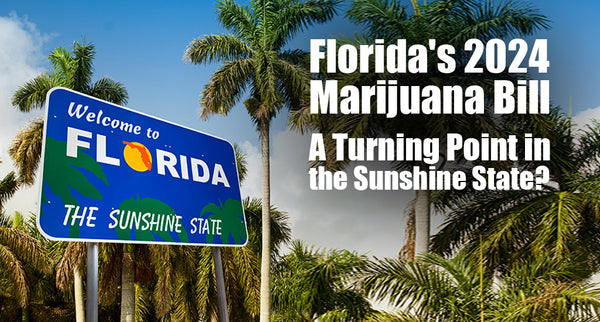
Exciting News: Cannabis Lounges Coming to Las Vegas by October!
Coming soon to Las Vegas: Cannabis lounges could be opening as early as October! At a recent meeting of the Cannabis Compliance Board (CCB), they approved a 4th conditional license for an independent location called "LA Lounge LLC." This will be the first independent location to receive such a license, and it won't be associated with a dispensary. It'll be like a bar but for selling and consuming cannabis on the premises.
The owners are still deciding on a location, and they need to go through inspections from the CCB before they can open their doors. This process might take a few months, and there are also other licensees who are closer to opening their own lounges.
Besides "LA Lounge LLC," two other Clark County dispensaries received approval for their conditional licenses. One of them, Planet 13, near the Las Vegas Strip, hopes to open its lounge later this year.
Though the owners are eager to open their lounges, they need approval from the city or county before they can do so. The executive director of the CCB, Tyler Klimas, said that it looks like some lounges might be ready to open by the end of the year, with a possibility of some opening as soon as October.
One entrepreneur, Chandler Cooks, is excitedly waiting for approval on his conditional license to open a lounge called "Moulin Noir" in the Arts District. He hopes to be at the next CCB meeting to get the license and aims to open by January, just in time for the Super Bowl.
After receiving a conditional license from the CCB, business owners have one year to open their lounges. So, in the near future, Las Vegas could have some cool cannabis lounges for people to enjoy responsibly.
Opening Cannabis Lounges in Las Vegas: Understanding the Nevada Cannabis Compliance Board (CCB)
The Nevada Cannabis Compliance Board (CCB) took over regulatory oversight of the cannabis industry in Las Vegas on July 1, 2020. Before that date, the oversight authority was with the Nevada Department of Taxation, and the Marijuana Enforcement Division no longer exists under that department. The CCB consists of five board members appointed by the governor, each serving a 4-year term. To be eligible for board membership, individuals must be Nevada residents, not hold any elected office in the State Government, and not have any business interests with a cannabis licensee. Additionally, no more than three members may be from the same political party. The CCB appoints an Executive Director to serve as a full-time position.
Each CCB member must possess expertise in one of the following areas: Finance and Accounting, Law Enforcement, Regulatory and Legal Compliance, Cannabis Industry, or Public Health, Medicine, Psychology. The primary role of the CCB is to govern Nevada's cannabis industry through strict regulations. CCB Staff members are responsible for ensuring the industry's continued success while safeguarding public health and securing appropriate tax revenue. Their regulatory activities include conducting investigations, audits, inspections, and monitoring all cannabis-related activities. They also handle seed-to-sale tracking, review laboratory test results, commission reports, license facilities, issue agent cards, vet employees and owners, approve transfers of interest, and oversee packaging. Regular meetings are held to consider final action and reports.
While statutes surrounding cannabis can only be amended during a legislative session, the CCB has the authority to promulgate and adopt the Nevada Cannabis Compliance Regulations 1-14 (NCCR) outside of a legislative session. Any proposed changes require a public meeting with prior notice to the public. The CCB holds regular meetings, and interested parties can stay informed about upcoming meetings through the CCB's website, social media, and posted notifications in accordance with legal requirements.
The Cannabis Advisory Commission (CAC) plays a crucial role in studying issues related to cannabis regulation and making recommendations to the CCB. The Executive Director of the CCB serves as the chair, and other members include the Attorney General, Director of the Department of Public Safety, Executive Director of the Department of Taxation, and eight appointees chosen by the governor. These appointees come from various fields, such as cultivation, laboratory, product manufacturing, retail cannabis, a physician, patient advocacy, criminal justice reform, and a licensed attorney. The CAC Chair can also form subcommittees focusing on specific topics related to cannabis, and these subcommittee meetings are open to the public.
In case of disagreements or concerns about CCB decisions, individuals have the option to appeal. However, it's important to be aware of the time restrictions regarding the filing of appeals. To find detailed information about the appeals process, individuals can review AB533. To stay updated on CCB activities and meetings, interested parties are encouraged to subscribe for timely notices from the CCB through their website or social media channels.
Leave a comment
Comments will be approved before showing up.



